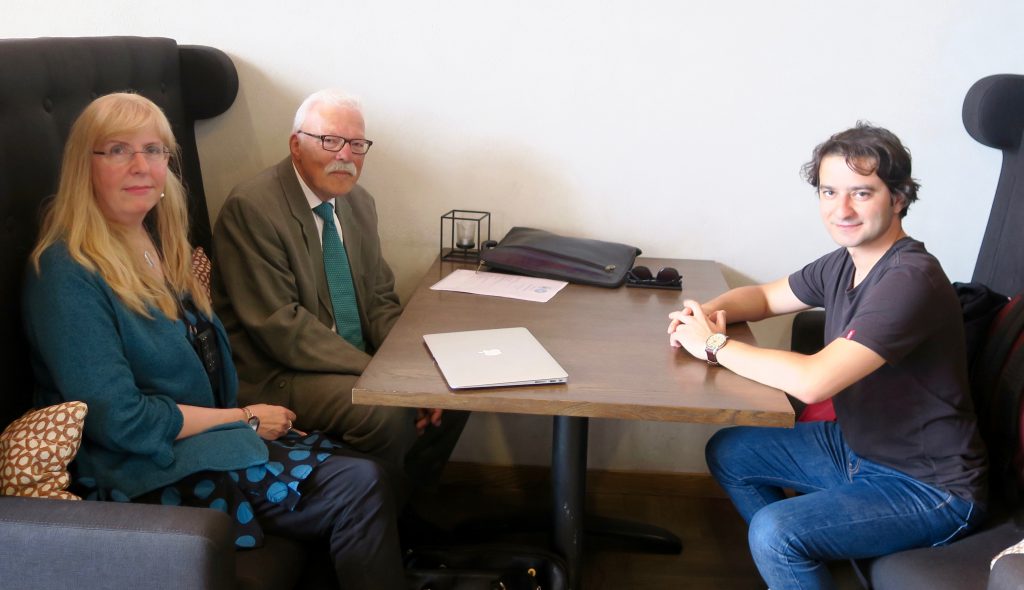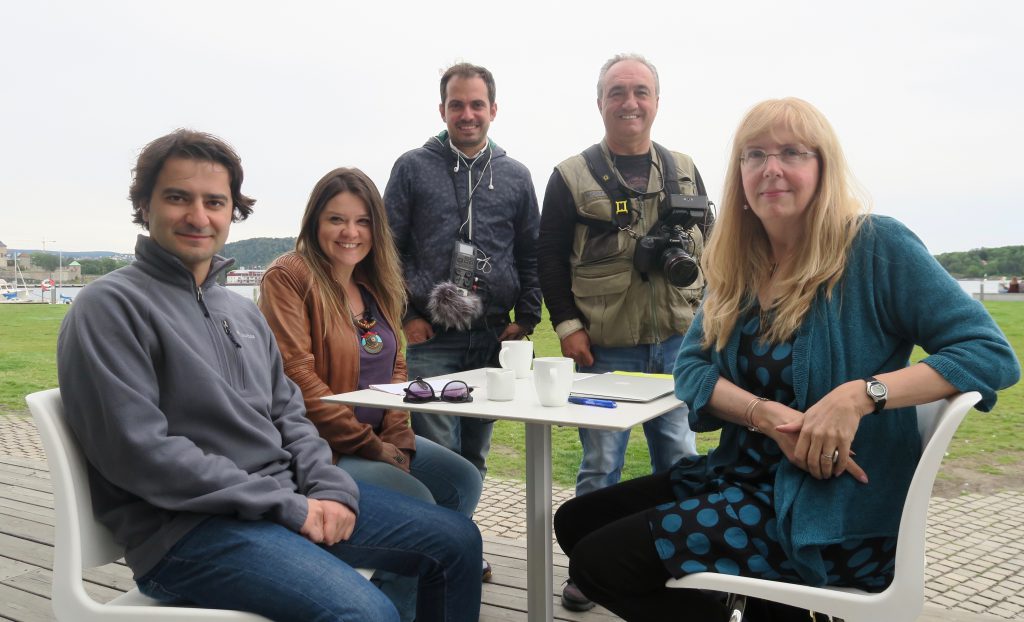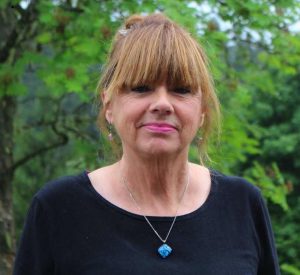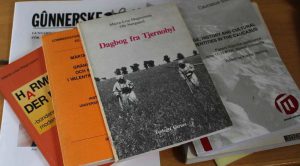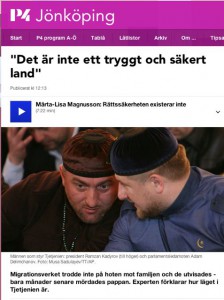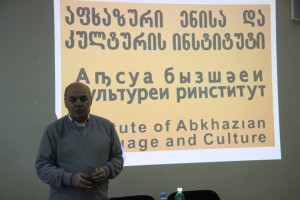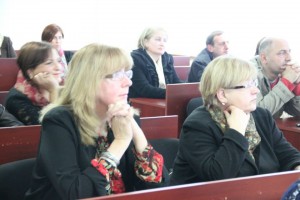The conference “Circassians in the 21st century: Survival and Identity – in the homeland and diaspora”, hosted by RUCARR and the Section for Caucasus Studies, Malmö University, received attention on some news sites and blogs:
November 23
Circassian Culture Center – Черкесский (Адыгский) Культурный Центр участвует на встречах в Швеции. Read the article
November 24
Кавказ.Реалии – Черкесская конференция проходит в Швеции. Read the article.
November 25
Caucasus Times – Итоги конференции в Швеции: Черкесский этикет и язык сохранят черкесов в 21 веке. Read the article
November 26
Adyg Afisha/Адыгэ мэкъэгъэIу – Адыгэ лъэпкъым фэгъэхьыгъэ шIэныгъэ зэхахьэ Швецием щыкIуагъ. Read the article
November 26
NatPress – Итоги конференции в Швеции: Черкесский этикет и язык сохранят черкесов в 21 веке. Read the article
November 29
Кавказ.Реалии – Веха в черкесоведении. Read the article





